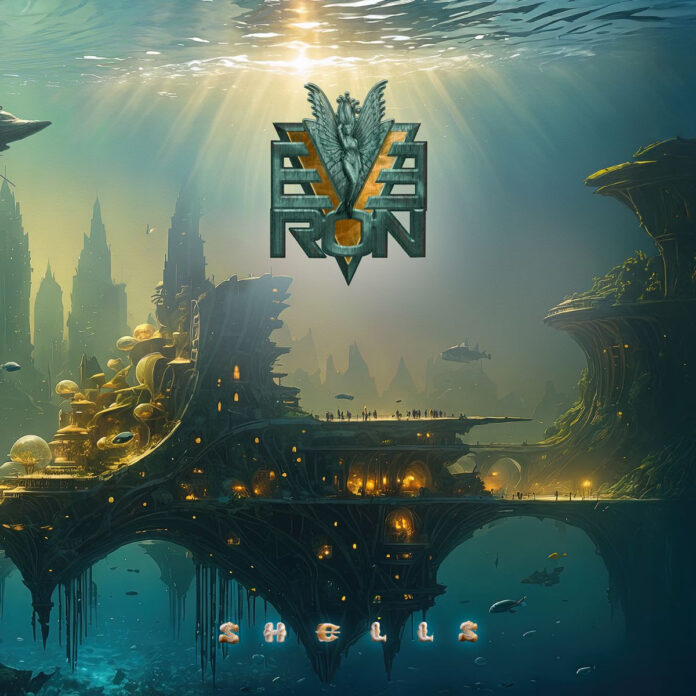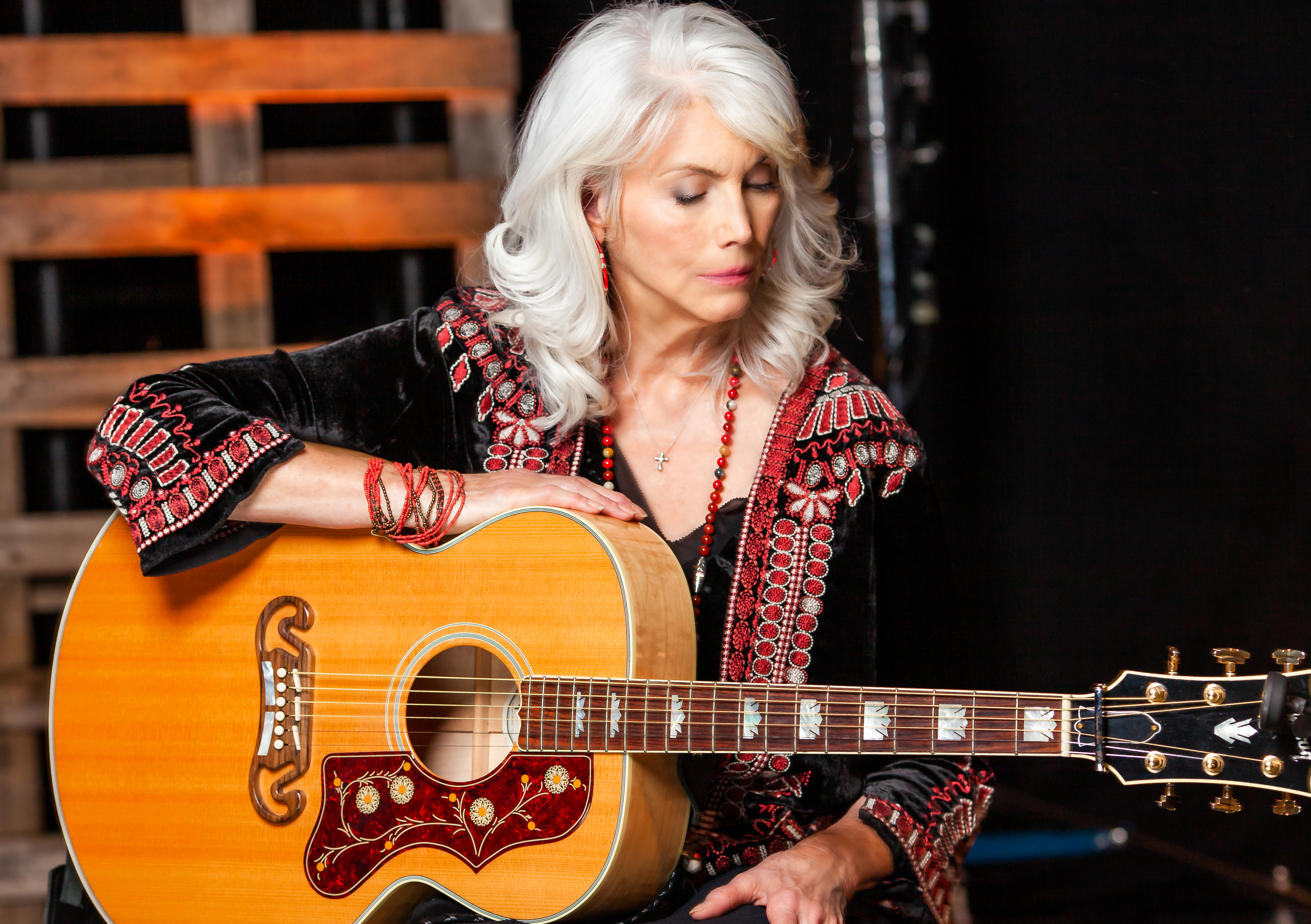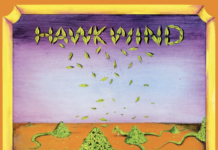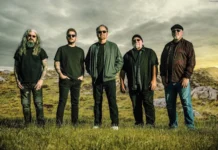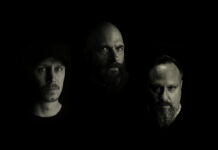Out now, German progressive rockers Everon‘s first new album in 16 years, Shells, available on the Music Theories Recordings/Mascot Label Group, as is their third single and lyric video from the parent album, ‘Until We Meet Again’.
‘Until We Meet Again‘ stands up as one of the most heart-on-sleeve songs on the album. The lyrics refer to the passing of Everon drummer, Moschus. “Musically, this song is rather uptempo and positive in vibe, so in a way, the lyrics make a bit of a strange fit here,” Oliver Philipps reflected. “But the truth is that this was the last song I wrote for this album, and while I was working on it, I got the news that Moschus, our lifelong friend, had been found dead in his home. The words came automatically; in this case, I even tried to argue with it because I wasn’t sure the topic was fitting with the music, but I couldn’t find anything else, so I suppose the lyrics just belonged with the song.”
“It was completely out of the blue,” Philipps sighed. “He wasn’t sick or anything. He was just found dead. It was a cardiac arrest or one of these things. The reason I chose to finish the album at all was that he’d already recorded drums for eight of the songs. If it had happened half a year earlier, I wouldn’t have chosen to make an album. I’d been pondering over should I, shouldn’t I for quite some time.”
Following Moschus’s passing, US drummer Jason Gianni entered the fray, guesting on the drum tracks that Moschus did not complete.
Talking about music and its ability to relate, he considered his words, “At the core of it, I think every song is an emotion transformed into a piece of music; you cannot break it down to notes or words only; there is more to it. I believe this emotional content that a song carries, makes a listener resonate or not resonate with it. The same song may make one person cry, another won’t feel a thing when hearing it. I don’t think there is much you can do intentionally to make sure people will relate to it; the best that I can do is to be true to my emotions and put that into the music so there is emotional content in there that somebody can relate to. Once you put the music out there, you have to let go of it; how people respond to it or who will get to hear it is not in my hands.”
“The band never quit. It was a hiatus or something,” commented Philipps, sat in his recording studio, talking about the new Everon Record and their sixteen years of silence.
“Everon didn’t retire or anything, and we never even talked about it,” Philipps reiterated. “I always wrote all the music and the lyrics. So that would mean if I didn’t do anything, we wouldn’t do anything. After North, it just didn’t happen.” “The making of North dragged out terribly, by the time we did it, I’d almost lost interest. I just needed a change,” he recalled.
Shells has been described as “an album bristling with energy and verve, encapsulating everything that made Everon such a force to be reckoned with in the first place.” With songs like the ebullient opener ‘No Embrace’ and the complex patterns of ‘Broken Angels’, the quirk of ‘Pinocchio’s Nose’ and the more heartfelt tones of ‘Monster’, or the epic 14-minute grandeur of closing track ‘Flesh’, Everon has, apparently, rarely sounded so good. Defiantly old school packed full of progressive flourishes and Philipps’ innate sense of melody that set the band apart from many of their peers all those years ago.
“I’ve been working as a producer with other artists through all the years,” explained Philipps, making it very clear those years away from Everon did indeed happen with his Space Lab Studio with Christian ‘Moschus’ Moos, the band’s drummer, working with artists such as Delain, Charlotte Wessels, progressive metallers Ad Infinitum and Wolverine, Italian progressive outfit The Oneira, Leah, Angel, and Imperia.
Trail Of Tears, Imperia and Angel vocalist, Helena Iren Michaelsen, features on ‘Grace’, ‘Broken Angels’, ‘Guilty as Charged’, ‘Shells’ and ‘Children Of The Earth’. “Helena happens to be one of my favourite singers and my favourite woman; she’s my wife. So, it’s no surprise she appears on this album; it would have been weird if she didn’t,” Phillips said.
Canadian singer/songwriter Leah is an artist Philipps has worked with for a decade. “I really enjoy our collaborations. Her music has a lot of Celtic influences, and ‘Pinocchio’s Nose’, the track she is singing on, has a bit of that vibe in there, so it just appeared to be the perfect occasion to invite her to sing on this song,” he enthused.
Everon came into being in 1989 featuring drummer Christian ‘Moschus’ Moos, bass player Schymy and guitarist Ralf Janssen who were joined by former Jester’s Palace singer Philipps. The band received an early and helpful boost from Joachim Ehrig, better known by his stage name Eroc, who had drummed with legendary German prog rockers Grobschnitt from 1970-1983, as well as releasing albums under his stage name. Their debut album, 1993’s Paradoxes, helped put Everon on the musical map. Flood, was one of the loudest albums of its time according to Eroc, and followed in 1995.
Mascot Label Group released their third album, Venus, in 1997, and every subsequent album since; Fantasma (2000), Bridge (2002), Flesh (2002) and North (2008). Guitarist Janssen was replaced by Ulli Hoever following Venus, and keyboard player Oliver Thiele joined, although he would depart the band following their Bridge and Flesh couplet, leaving a core quartet of Philipps, Moschus, Schymy and Hoever.
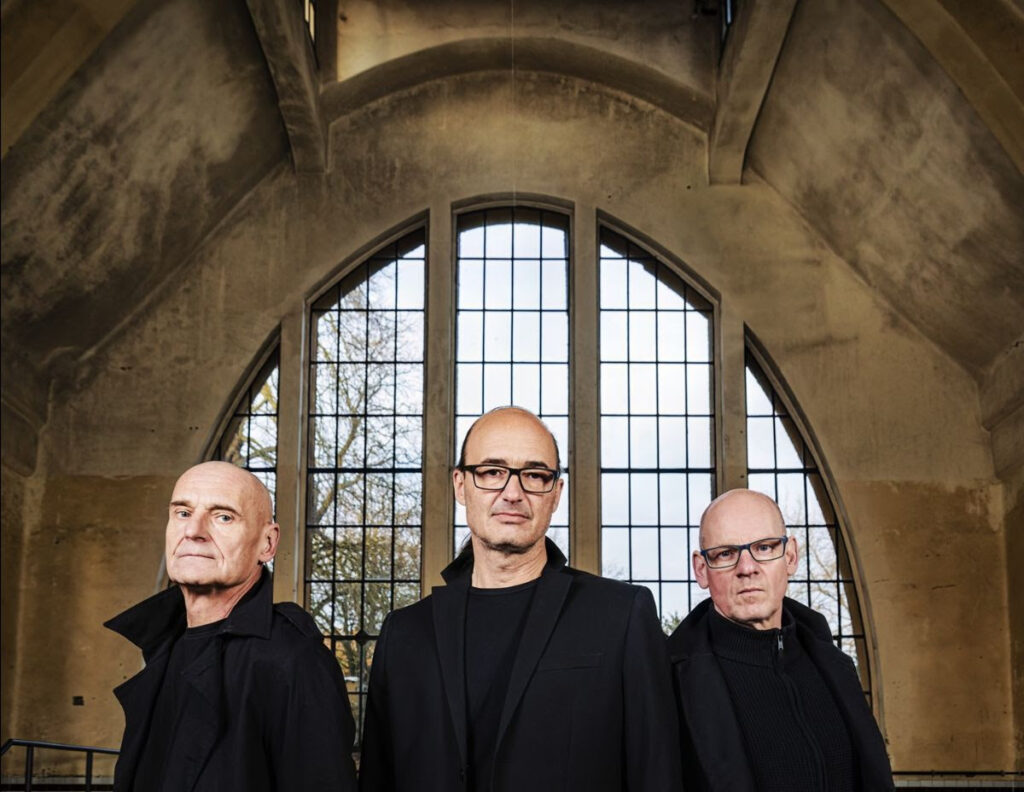
“I had a list of ideas. I’d been writing hundreds of songs between these albums, but there was not one thing I had in mind to fit with Everon. I blocked February to April, and once I started writing, it all came naturally. It was an enjoyable process. I didn’t know what to expect because I didn’t have a plan. It was no use trying to make it match what we did before. It was so long ago. I just thought I’d see what came out. And that’s what came out. But it was not by intention.”
Hurt and regret run in the veins of the album. “I think it is a bit in the nature of the kind of music we’re doing that it is rather the darker type of emotions that will find a place on an Everon album,” the singer considered. “Feelings of hurt or loss are very intense emotions, and for some reason, in music, I was always more gravitating towards the darker stuff rather than happy songs. The song ‘Shells’ is an example of that and comes from one of the darker corners of my mind. It is a very sad song. It would feel inappropriate to explain the background story, but it doesn’t need the background story to be able to relate to it. “
It’s been sixteen years and now we have Shells – Twelve tracks of what been described as “quality, highly melodic, progressively inclined rock for people to enjoy.” Everon is back.
Regarding previous single, the dramatic mini-epic of ‘Guilty As Charged’ he said: “Lyrically the song is dealing with self-judgement/regrets, but even the lyrics mostly just come to mind, already while working on the music. There’s lines/phrases coming up naturally that just get stuck with a song, and in the end I just connect the dots, write it down and it’s finished. Not even I always know exactly what they’re about, some are very clear, others are more of a vibe/atmosphere that together with the music create the sphere I feel the song is supposed to have. It’s not an exact science. I am a rather rational person in normal life, but as a musician I rely 100% on intuition and inspiration. I don’t rationalise over it, because my experience is that I ruin it if I do.”
Prior to ‘Guilty As Charged’, Everon released ‘No Embrace’ as a single, Phillips saying: “I think ‘No Embrace’ makes a good opening track because it is straight forward and accessible, it has a more positive energy than some of the other songs that are darker in tone or mood,” he added about the new single from the album

